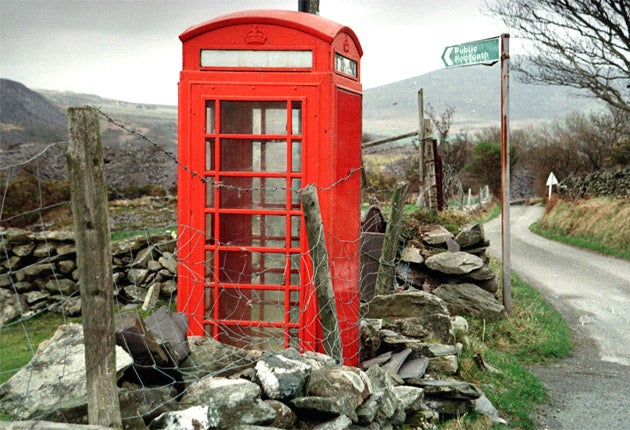Why has the BlackBerry Messenger become the communication device of choice for British teenagers?

Everyone in Edmonton Enfield Wood Green everywhere in north link up at Enfield Town station at 4 o'clock sharp," was one message passed around by BlackBerry messenger users in north London on Sunday. So why has the mobile of the city professional become the communication device of choice for British teenagers? And which communication devices are being used by other demographics? And why?
BLACKBERRY
BlackBerrys were the mid-noughties phone of choice for high-flying businessmen and politicos, because they were one of the first handsets that would allow users reliable email.
Fast forward to 2011 and the demographic has changed dramatically. According to a recent ICM report, the archetypal BlackBerry user is now between 18 and 24-years old and earns between £15,000 and 30,000.
"The change can be put down to two things," says Patrik Kärrberg of the LSE's communication group, "Firstly, an increasing awareness that the BBM service is free, instantaneous and largely untraceable when you have other users BBM pins. And, secondly, the handsets price point. You can get a phone for free on a £10-20 contract or buy a basic Blackberry handset for £100 – so it's well within the reach of lots of teenagers."
PAY PHONES
Once the primary way to make calls when on the move, the British public has dramatically fallen out of love with the pay phone.
With more mobile phones in use in the UK than people – some 70 million handsets, which are used by 91 per cent of the population – the familiar red boxes (or more likely glass boxes) are largely unused and often in a state of disrepair.
As far back as 2003, BT reported that 70 per cent of its boxes lost money and several thousand had already been removed from operation. Their lowly status inow sees them primarily portrayed as devices for criminals in TV shows like like The Wire.
LANDLINES
"If a conversation's worth having, use your landline," ran the strapline of a BT advert from 2009. The message would have seemed obtuse 15 years earlier – but with the rise of the mobile phone and more people living in rented accommodation, fewer and fewer people choose to get one.
Around 15 per cent of UK households don't and further falls are expected in coming years.
VIBER
Like Skype, Viber is part of the Voip (voice over internet protocol) family of technologies. These allow users to make free calls using the internet, rather than a phone line. But where Skype is intended for use on a home computer, Viber is a smartphone application that can be downloaded for free.
The application functions anywhere in the world where there is a Wi-Fi connection. And its flexible, cost-free format has seen it become popular for travellers who use it to avoid expensive long-distance phone charges when calling home.
The micro-blogging service has frequently been described as a mouthpiece and barometer of middle-class, liberal opinion. It was also provided an online organising point for this wheel's post-riot clean-up movement, in which users co-ordinated post-riot repairs this week.
Its 140-character form and its declarative, rather than conversational, nature has seen it attract users who typically have a university education (76 per cent of users), are aged 26 to 34-years old and earn between £26,000 and £52,000, according to the tech specialist Digital Surgeons.
Join our commenting forum
Join thought-provoking conversations, follow other Independent readers and see their replies
Comments
Bookmark popover
Removed from bookmarks